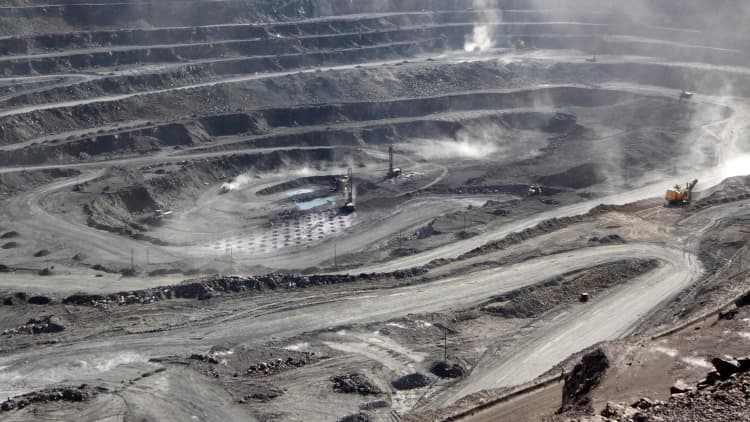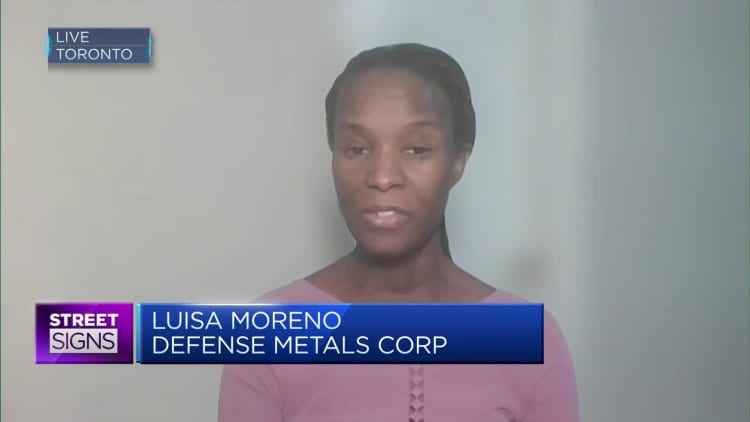Sir Keir Starmer has declared a historic Labour victory in Britain’s general election, urging the country to embrace “the sunlight of hope” as he headed for a huge House of Commons majority of about 180 seats.
Outgoing prime minister Rishi Sunak conceded his Conservative party had suffered a devastating defeat, as it sank to its worst-ever result. The Tory vote was decimated by Nigel Farage’s populist Reform UK.
Labour is set to win 413 House of Commons seats out of 650, according to a Financial Times projection that takes into account the 13 seats yet to declare as of 7.25am. The Tories were projected to slump to 122.
But Starmer will formally become Britain’s new prime minister knowing that Labour’s public support is shallow.
The party was set to win power with 34 per cent of the national vote, the lowest-ever winning share and only 10 percentage points higher than the Conservatives.
For most of the election campaign, polls had put Labour 20 points ahead.
“We can look forward again,” Starmer told party activists at London’s Tate Modern at 5am. “Walk into the morning — the sunlight of hope, pale at first, but getting stronger through the day.”
Labour last won an election under Sir Tony Blair in 2005.
In a highly symbolic moment, former prime minister Liz Truss was among the big Tory names to lose their seats. Her 49-day premiership, and the economic havoc it spawned, contributed to the Conservative meltdown.
The party’s performance is a personal triumph for the former chief prosecutor, who became Labour leader in 2020 after the party’s worst postwar election defeat. His victory is similar in scale to Blair’s 1997 Labour landslide.
But the party’s success was delivered on a vote share that was a much smaller share than the 40 per cent secured by leftwing Labour leader Jeremy Corbyn in his 2017 general election defeat.
Labour won scores of seats because of the rise of Reform UK, which split the rightwing vote, punishing the Conservatives under the UK’s first past the post electoral system.
“This looks more like an election the Conservatives have lost than one Labour have won,” pollster Sir John Curtice told the BBC.
Speaking at his count in Clacton, Reform’s leader Nigel Farage said his party would come second in swaths of seats as well as securing a “bridgehead” in parliament, adding: “This is the start of something that is going to stun all of you.”
Turnout was on course to be about 60 per cent, close to a record low, suggesting general public dissatisfaction with mainstream politics.
Starmer admitted that he faced an immediate task of reconnecting mainstream politics to voters. “The fight for trust is the battle that defines our age,” he said.
As of 7am, Labour had secured 34 per cent of the vote, Conservatives 24 per cent, Reform 14 per cent and Liberal Democrats 12 per cent.
By that time Labour had won 409 seats, the Conservatives 117, the Lib Dems 70 and Reform four.
The centrist Lib Dems’ tally smashed the party’s modern-era 62-seat record in 2005, as it made big gains in the Tory “blue wall” of well-heeled seats in the south of England.
The Scottish National party was behind Labour in Scotland with just eight seats, delivering a hammer blow to the party’s dream of securing independence.
The results confirmed the overwhelming sentiment reported by candidates from all parties that Britain wanted “change”. Outgoing chancellor Jeremy Hunt, who narrowly held his own Surrey seat, called it a “crushing defeat”.
But Hunt added that Starmer and shadow chancellor Rachel Reeves were “decent people and committed public servants who have changed the Labour party for the better”. He urged them to reform the NHS, adding Labour might be better placed than the Tories to achieve that goal.
Grant Shapps, defence secretary; Penny Mordaunt, leader of the House of Commons; Gillian Keegan, education secretary; Sir Jacob Rees-Mogg, former cabinet minister; and Alex Chalk, justice secretary, were among the high-profile Tory casualties on a night of Tory desolation.
Corbyn held his Islington North seat, standing as an independent, while George Galloway, the leftwing pro-Palestinian MP for Rochdale, lost his seat to Labour.
But Labour lost two seats — including one held by shadow cabinet member Jonathan Ashworth — to pro-Palestinian independent candidates, an indication of how Starmer’s position on the Israel-Hamas war has hurt his party among many Muslim voters.
The Green party also won all its four target seats in the general election, quadrupling the number of MPs it will send to Westminster and bringing its total in line with Reform UK.
Under 14 years of Conservative rule, five prime ministers presided over economic austerity, Brexit, a pandemic and an energy price shock, while frequently engaging in bouts of civil war. “We forgot a fundamental rule of politics,” Shapps said. “People don’t vote for divided parties.”
Starmer becomes only the seventh Labour prime minister in the party’s history, and his victory is the first since 2005 for the centre-left party. Labour last ousted the Tories from power in 1997.
He will move into 10 Downing Street on Friday and immediately form his cabinet, with an instruction to ministers to quickly deliver policies to jolt Britain out of its low-growth torpor.
An exit poll forecasting the Labour landslide indicated that Starmer’s avowedly pro-business agenda had paid off, as Labour bucked international political trends. Far-right parties have performed strongly in recent European and French elections, while Donald Trump is leading in polls for the US presidential race.
Chancellor-in-waiting Reeves has said she hopes investors will now see the UK as a “safe haven”.
Starmer has promised to work with business to stimulate growth, with an agenda that includes planning reform and state investment in green technology. Labour will also pursue a traditional agenda of reforms to worker rights.
For Sunak, was a personal disaster. He chose to hold an early election — against the advice of his campaign chief Isaac Levido — and ran an error-strewn six-week attempt to turn around his party’s fortunes.
The party’s projected total of 122 seats is lower than the party’s worst-ever result of 156 in 1906. Starmer’s expected seat haul is close to the 418 seats won by Tony Blair in his 1997 landslide victory.
Defeats for Tory cabinet members including Shapps and Mordaunt has reduced the cast list of potential contenders for the party leadership if, as expected, Sunak stands down.


























































